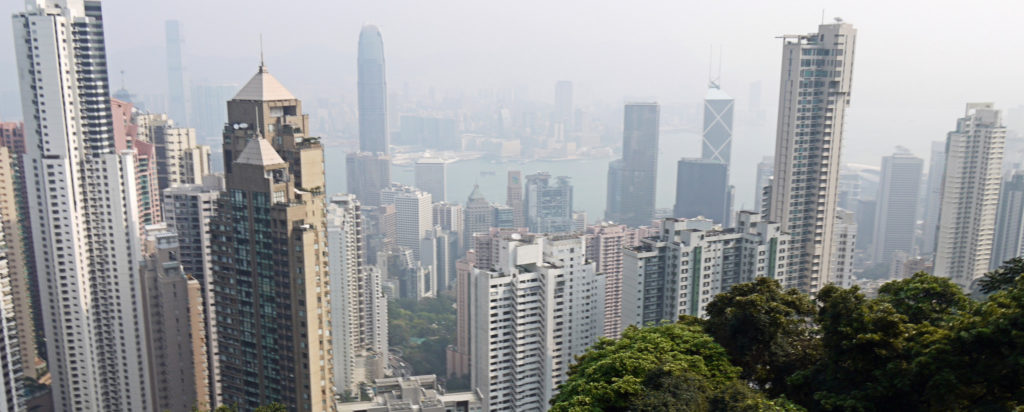This seminar is held during the World Water Week 2016 in Stockholm. Sustainable growth of cities require sustainably managed forests in their watersheds. Cities depend on forests for goods such as food, energy – and water.
Restored and sustainably managed forests in cities watersheds can provide cost effective solutions to enhance the quality and quantity of operation of traditional “grey” water infrastructure.
We will give examples from the large cities Sao Paolo, Kathmandu, Nairobi and Tirana who already justify watershed protection as a viable complement to build infrastructure to maintain water supplies. Because forests play key roles in the water cycle and balance water flows, forests can be an extremely important tool for managing water supply, maintain quality, and mitigating hazards.
Forests can provide cost effective solutions to complement and enhance the operation of more traditional ‘grey’ infrastructure for water. Water treatment costs increase significantly as forest cover in a watershed declines, and water treatment and flood control costs can be avoided through watershed protection.
We will also invite the audience in a discussion on how local and regional stakeholder dialogues can ssupport governance systems which enable protection, restoration and sustainably managed forests in cities watersheds and how this can contribute to sustainable growth of cities and their surrounding landscapes.
